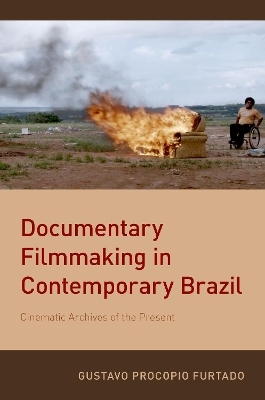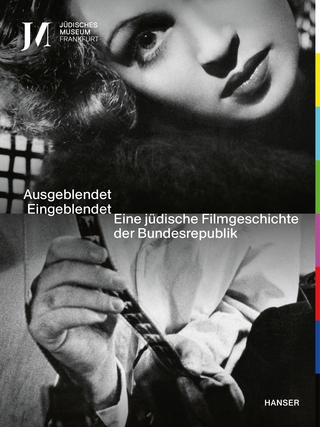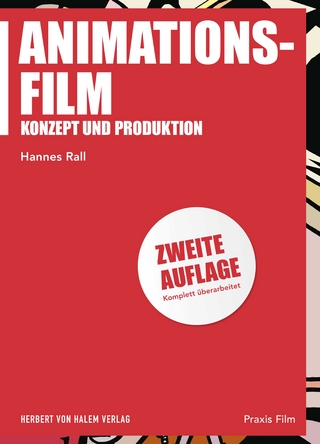
Documentary Filmmaking in Contemporary Brazil
Oxford University Press Inc (Verlag)
978-0-19-086704-1 (ISBN)
Winner of the 2020 Antonio Candido Prize for Best Book in the Humanities from the Brazil section of the Latin American Studies Association. This book examines the vibrant field of documentary filmmaking in Brazil from the transition to democracy in 1985 to the present. Marked by significant efforts toward the democratization of Brazil's highly unequal society, this period also witnessed the documentary's rise to unprecedented vitality in quantity, quality, and diversity of production-which includes polished auteur films as well as rough-hewn collaborative works, films made in major metropolitan regions as well as in indigenous villages and in remote parts of the Amazon, intimate first-person documentaries as well as films that dive headfirst into struggles for social justice. The transformations of Brazilian society and of filmmaking coalesce and become entangled in this cinema's preoccupation with archives. Historically linked to the exercise and maintenance of power, the concept of the archive is critical for the documentary as a cultural practice that preserves images from the present for the future, unearths and repurposes visual materials from the past, and is historically invested in filmic images as records of the real. Contemporary films incorporate, reflect on, and rework a variety of archives, such as documents produced by official institutions, ethnographic images, home movies, and photo albums-and engage not only with what is preserved but also with lacunas in the record and with alternate forms of remembering, retrieving, and transmitting the past. Through its interaction with archives, this book argues, the contemporary documentary reflects on and intervenes in the distribution of visibilities and invisibilities, centers and margins, silences and speech, living memory and its preservation in the record-thus locating the documentary on archival borders that concern Brazilian society and filmmaking alike.
Gustavo Procopio Furtado is Assistant Professor of Romance Studies, Latin American Studies, and Arts of the Moving Image at Duke University where he teaches classes on Latin American literature and cinema. His research focuses on audiovisual production with special attention to documentary and ethnographic film traditions and to the intersections between aesthetics and politics.
Acknowledgements
Introduction
PART I - ETHNOGRAPHIES OF THE INDIGENOUS
1. Feverish Archives, Feverish Films: Ethnographic Documentary and Crisis at Amazonian Contact Zones
2. Reparative Mediations:Indigeneity, Videomaking, and the Future of the Ethnographic Archive
PART II - LAW, EVIDENCE, CAPTURE
3. Scenes of Capture in the City: Documentary on the Margins of Social and Archival Visibilities
4. Tactics of the Invisible, Shadow Archives:Resistance and Filmmaking on the Outskirts of Brasilia
PART III - PRIVATE LIFE (GOING PUBLIC)
5. Homes, Archives, and Archons: Reworking the "Home Mode" in the Contemporary Documentary
6. The Melancholy Subject of History: Intimate Films and the Inheritance of Postdictatorship Memory
Epilogue
Filmography
Bibliography
Index
| Erscheinungsdatum | 09.01.2019 |
|---|---|
| Zusatzinfo | 23 images |
| Verlagsort | New York |
| Sprache | englisch |
| Maße | 236 x 160 mm |
| Gewicht | 612 g |
| Themenwelt | Kunst / Musik / Theater ► Film / TV |
| Sozialwissenschaften ► Kommunikation / Medien ► Medienwissenschaft | |
| ISBN-10 | 0-19-086704-3 / 0190867043 |
| ISBN-13 | 978-0-19-086704-1 / 9780190867041 |
| Zustand | Neuware |
| Haben Sie eine Frage zum Produkt? |
aus dem Bereich


